Presentation types
Traditional
Just join the conference venue by clicking the big red button below and participate in the live session at the designated time
Flipped
Flipped presentations are marked with an exclamation ( ! ) mark. Please watch the presentation before the conference and prepare to ask questions and discuss the content.
Opening time: October 30th, 9:20am ~
Conference venue
Please read the conference guide before joining the Conference venue (presenters and attendees)
*Works best on Chrome, Edge, Safari (Windows/Mac). More information here.
Schedule and presentation information
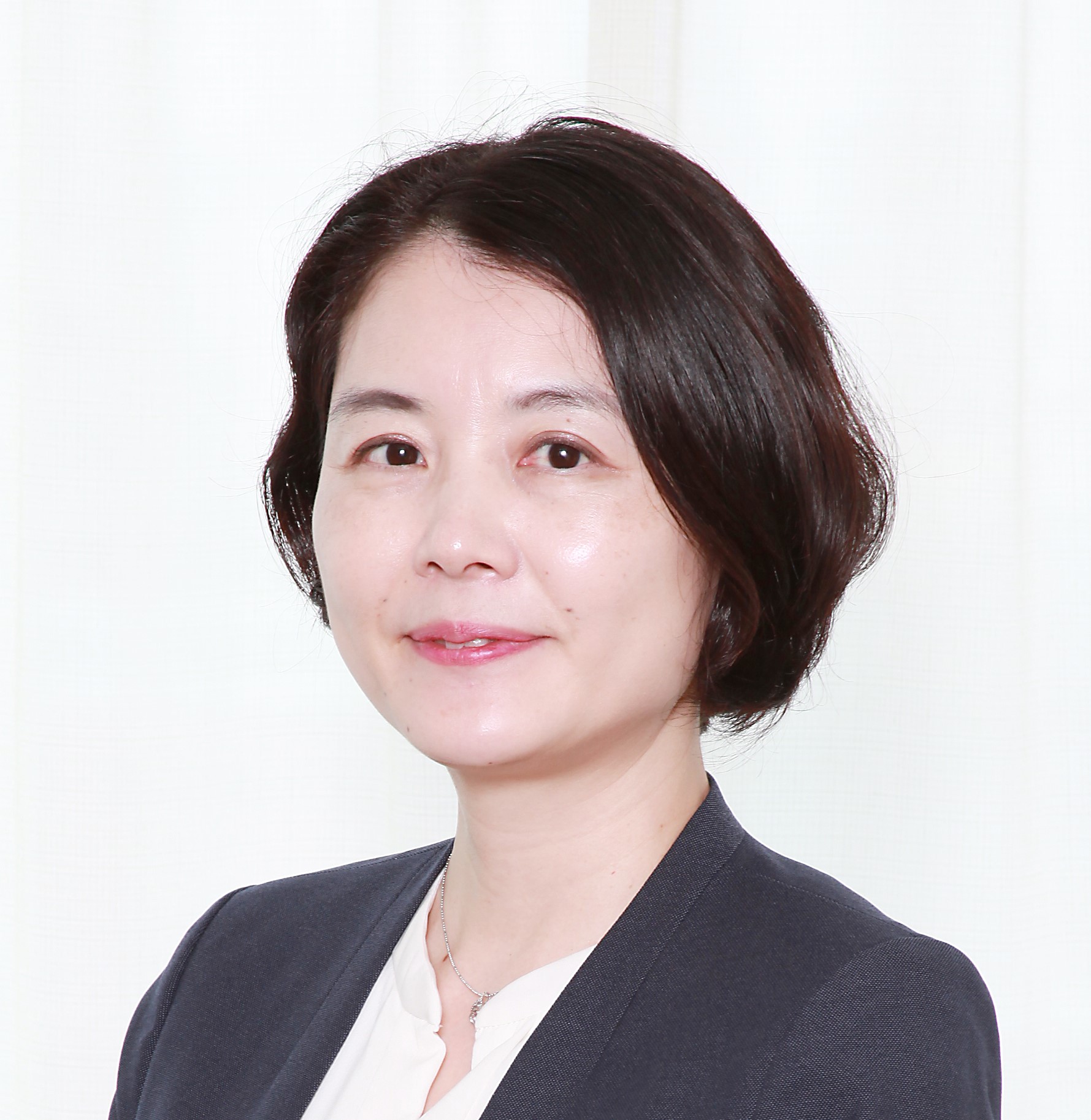
Akiko Takagi
Akiko Takagi is a professor of the College of Education, Psychology and Human Studies at Aoyama Gakuin University. She received her Ed.D. in TESOL from the University of Exeter. Her scholarly interests include language teacher education, practitioner research, and intercultural communicative competence.
Exploring Core Qualities Through a Core Reflection Approach
Co-presenters: Tomohide Warabi, Yuya Yamamoto
Type: Flipped (Workshop)
Abstract: In this narrative presentation, we will share the experiences of three teachers (one from a university and two from different integrated junior and senior high schools) who have collaboratively engaged in core reflection for a year for professional and personal growth. Korthagen (2004) claims that to make reflection effective and transformational, teachers need to be aware of their core qualities (personal strengths) and reflect on the relationships between the multiple layers (environments, behaviors, competencies, beliefs, and identities) within themselves. Core reflection helps people actualize their core qualities, such as enthusiasm, curiosity, courage, openness, and flexibility, which are always potentially present in the person. Engagement with core reflection will support teachers in reflecting on themselves at a deeper level, resulting in favorable outcomes in their behaviors.
Our online monthly meetings began in July 2021. We selected several activities from a book, Practicing Core Reflection (Evelein & Korthagen, 2015), to guide us on a journey in exploring our core personal qualities and inner potential. We individually engaged in core reflections before the meeting and then shared our reflections with each other at the meeting. In addition, after each meeting, we wrote down and shared our thoughts in a discussion on an online bulletin board. We will discuss how our regular engagement in core reflection has helped us to find our personal strengths and the possibility of utilizing them fully in our professional and personal lives.
On the conference day we will introduce an activity we engaged in and invite you to reflect on your own core qualities at a workshop.
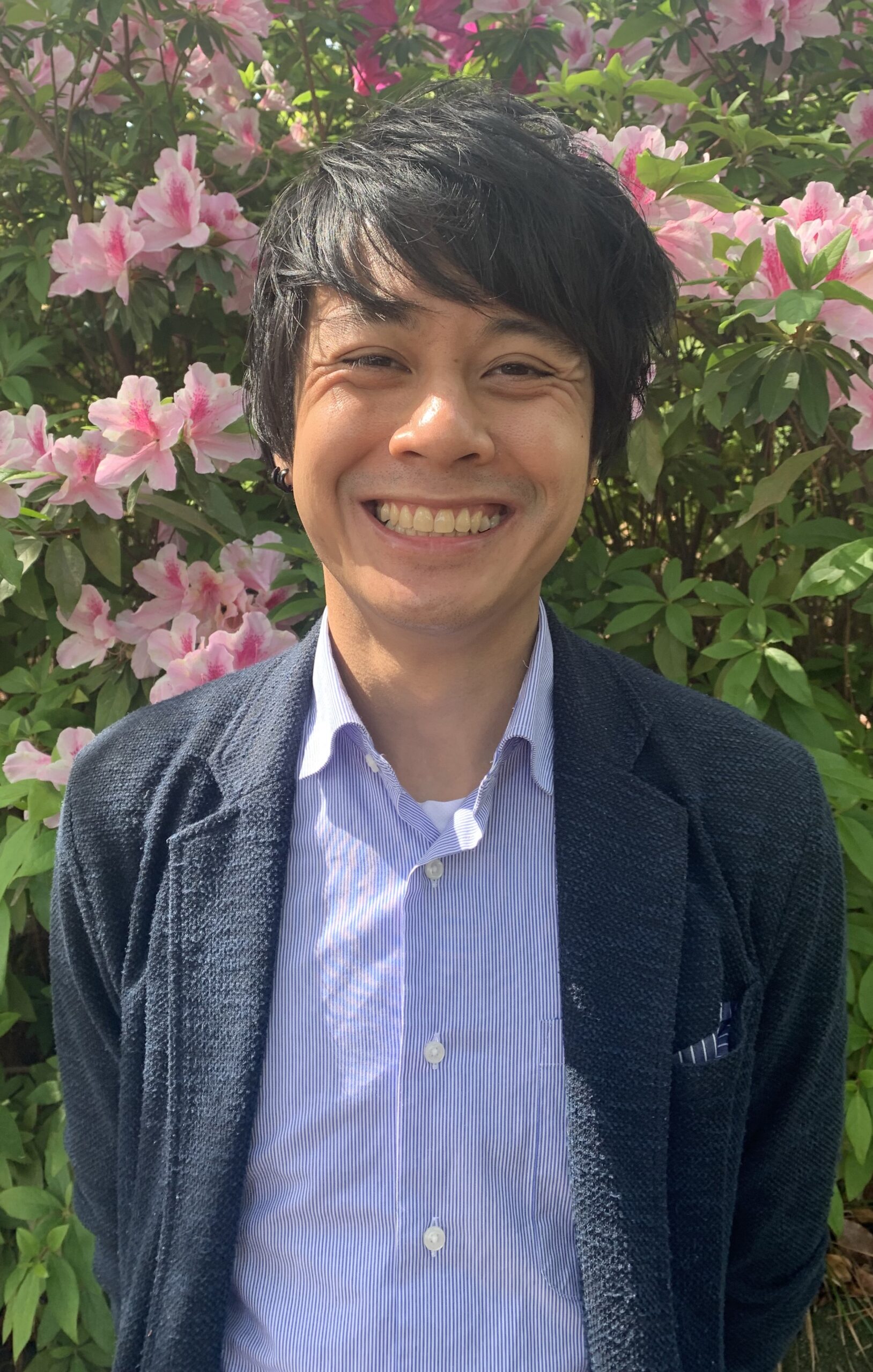
Pharo Sok
Originally from Montreal, Canada, Pharo Sok is currently an eikaiwa teacher at Adventure English School in Munakata, Fukuoka and English lecturer at Kyushu Sangyo University. His research interests include discourse analysis with a particular focus on meaning-making in individual and collective narratives. On the teaching side, Pharo strives to create classrooms where students can learn to better express their English-speaking identities. With a strong personal and academic background rooted in multiculturalism and pluralingualism, he is also an advocate of introducing a range of subject positionalities in the classroom to ground Englishes in their diverse sociocultural contexts.
Questions and Conversations: The Intersections of Studying History and Teaching English
Type: Traditional
Abstract: Soon after students reach the level where they can describe their day or weekend with a handful of sentences, I try to instill the usefulness of a good question in my conversational English classes. With a solid question about the movie watched, book read, or trip taken, new conversations become possible. This presentation delves into my approach on questions in the classroom and how this philosophy relates to my professional development, beginning with my university studies in History and continuing during my career in teaching English. As a History graduate student and college teacher, I specialized in oral history and narrative analysis. Central to these research areas is exploring the relationship between a statement and the context in which it has been produced, such as when an interviewer’s answer to a question leads the researcher/interviewer down an unexplored path. Being attuned to the art of questions and answers allows for deeper dives into a given topic and can extend the conversation in new, sometimes unexpected directions. Questions matter, I argue, maybe as much as, or more, than the answer.
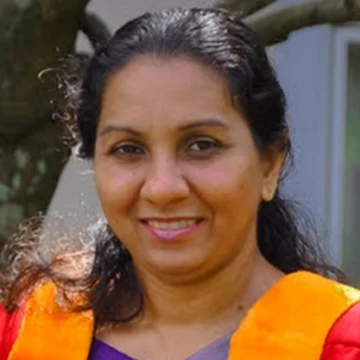
Nipunika Dilani
Dr. Nipunika Dilani, a senior lecturer in the Department of English at the Buddhist and Pali University of Sri Lanka has completed her BA from the University of Peradeniya, MA from the University of Kelaniya and PhD from the Buddhist and Pali University of Sri Lanka. She is currently following an MA in TESL programme. Her research interests include English literature, Linguistics, Buddhism and Comparative Studies.
Being Enlightened on Alternative Assessment; “A Day I Felt That I am Truly Playing the Role of Assessor”
Type: Flipped (Discussion)
Abstract: Considering the challenges in conducting traditional high-stakes examinations by gathering candidates to a physical examination site during COVID 19 pandemic, the higher educational institute where I teach also decided to conduct the examinations online from 2020. The online examinations conducted in 2020 included the same traditional paper format via Google Meet. The staff agreed that this examination was ineffective as students’ answer scripts showed evidence of plagiarism. Thus in 2021 while many lecturers followed the same practice, being aware of alternative assessments through my reading and the MA in TESL course that I was taking, I decided to shift to a hybrid mode of assessment blending traditional and alternative modes for some papers and alternative only for others. As alternative assessments, I used web blogging, immediate recall protocol, short quizzes, picture descriptions, oral tests and viva voce which I understood to be valid, authentic and feasible for measuring true language performance. Through my discussions with the students, I realized that the students had extensively positive perceptions about these tests. Further, the way they faced the assessments and the marks they gained were supportive enough to understand their interest in the assessments. Moreover, the responses I collected for two research related to web blogging and immediate recall protocol, proved their attraction to them as a novel experience that let them work independently. While the students’ preference for alternative assessments delighted me for the correct choice I made, I felt that I am “truly” an assessor because this novel experience transformed me to realize that assessment should be enjoyable to the students. The usual practice which I also followed was to set papers having eight questions out of which four questions were expected to answer. However, I understood that there are creative ways to assess the principal language skills, sub-skills, and actual performance authentically while incurring learners’ interest. Likewise, the alternative assessments that I substituted for traditional tests during the COVID pandemic enlightened me on the responsibilities of an assessor in contrast with what I had taken for granted.
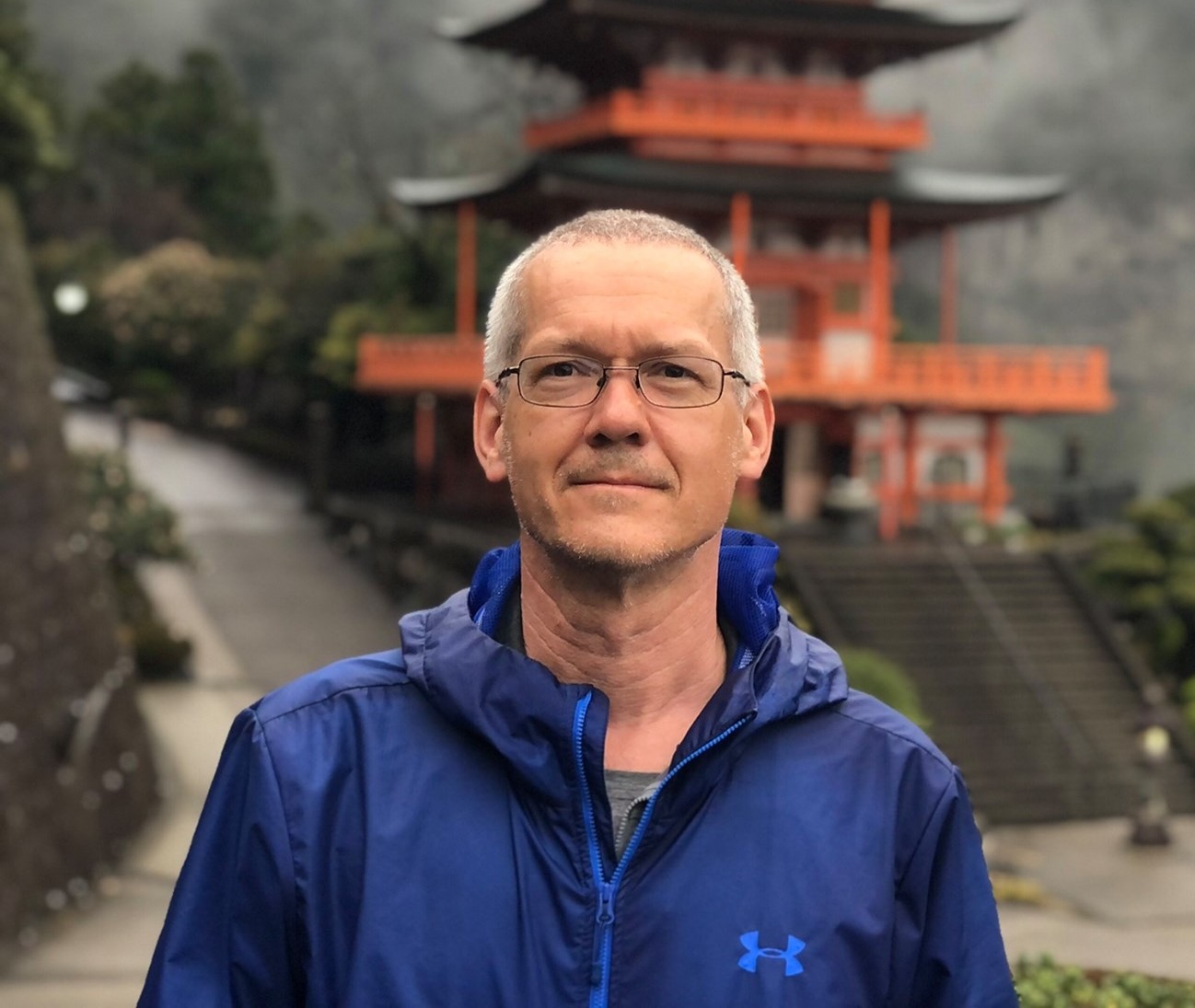
John Rucynski
John Rucynski is a full-fledged introvert who has managed to survive for nearly three decades as an English language teacher. His main research interest is the role of humor in language acquisition and intercultural communicative competence. In addition to publishing on this topic in international journals such as English Teaching Forum, System, and TESOL Journal, he has also edited the volumes New Ways in Teaching with Humor (TESOL Press) and (with Caleb Prichard) Bridging the Humor Barrier (Rowman & Littlefield). His latest project was editing A Passion for Japan (BlueSky Publishing), a collection of personal narratives by long-term residents of Japan.
Accentuate the Positive, Accept the Negative: My Life as an Introverted Teacher
Type: Traditional
Abstract: Being a teacher is challenging enough for anyone, but introverted teachers face additional obstacles. English language teachers need to stand up in front of groups of students, lead activities, and be engaging throughout the day. This can be a daunting and exhausting prospect for introverts, as they tend to be reflective and reserved.
The presenter will share his journey as an introverted teacher, beginning with early damaging criticisms of his reserved character during teacher training and concluding with his eventual acceptance of being an introvert. In addition to his dedication to being an effective teacher, this acceptance was made possible through positive student comments, high student evaluations, and various teaching awards. While one cannot simply transform from an introvert to an extravert, introverts can make peace with their disposition by accentuating the positive and accepting the negative. For example, positive traits of introverts include being good listeners and deep thinkers. In the classroom, this can translate to providing a calming presence and creative, engaging lessons. While needing much time to prepare what to say could be seen as a negative trait of introversion, this can be accepted as an integral part of always being well prepared for lessons.
The presenter will supplement his own experiences with supporting data from books about the positive aspects of introversion (e.g., Lane, 2002; Cain, 2012). Whether introverts or extroverts, participants will be encouraged to accentuate the positive and accept the negative in order to embrace being themselves as teachers.
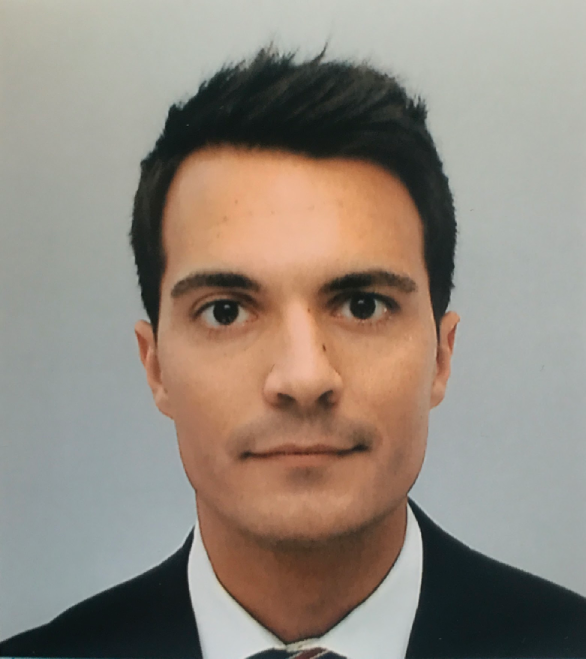
Nate Olson
Nate Olson is a PhD candidate in Applied Linguistics at Sophia University. He has a M.Ed. in TESOL and currently conducts research on teacher collaboration for implementing CLIL in secondary and post-secondary contexts. Originally from Minnesota, he has lived in Japan for thirteen years and taught English at all levels from elementary school to university. A former ALT and Prefectural Advisor on the JET Program, his training courses on CLIL have been featured on ALTTO.net and his research articles have appeared in Sophia Linguistica and J-CLIL Journal. He recently won the Michele Steele Best of JALT Award for his presentation “Creating a Space for CLIL: Strategies for Adoption and Implementation.”
Team Teaching at the University Level: Differing Views on a Soft CLIL Approach
Type: Flipped (Discussion)
Abstract: This presentation tells the story of what happened when two university teachers team taught a course over a 5-week period. The team teaching was conducted on a voluntary basis and each teacher came to the situation with different expectations.
James was from the U.K., in his late 30s, and had been teaching university for several years; Minh was from Vietnam, in her late 20s, and a novice university teacher. Using a Content and Language Integrated Learning (CLIL) approach, James acted as the “language expert” to Minh’s “content expert” role. However, as the lead teacher for the course, James only allowed Minh to co-teach as a “favor” for her research project. His initial stance was opposed to team teaching as he had had negative past experiences.
Several challenges emerged from the collaboration. Lack of flexibility and conflicting expectations led to disagreements about preparation, content coverage, and teacher roles. James did not like to over-plan lessons, while Minh liked to plan everything in detail. Both teachers felt that the presentation and discussion of content was one-sided. There was occasionally competition for the spotlight in class, and the initial teacher roles were often reversed.
Eventually overcoming these challenges, James and Minh were each able to see the benefits of professional learning with respect to new content areas and the use of ICT, and CLIL techniques such as translanguaging and scaffolding, respectively. In the end, the teachers’ professional relationship turned into a friendship. These findings may have practical implications for other teachers who are considering a team-based CLIL approach.
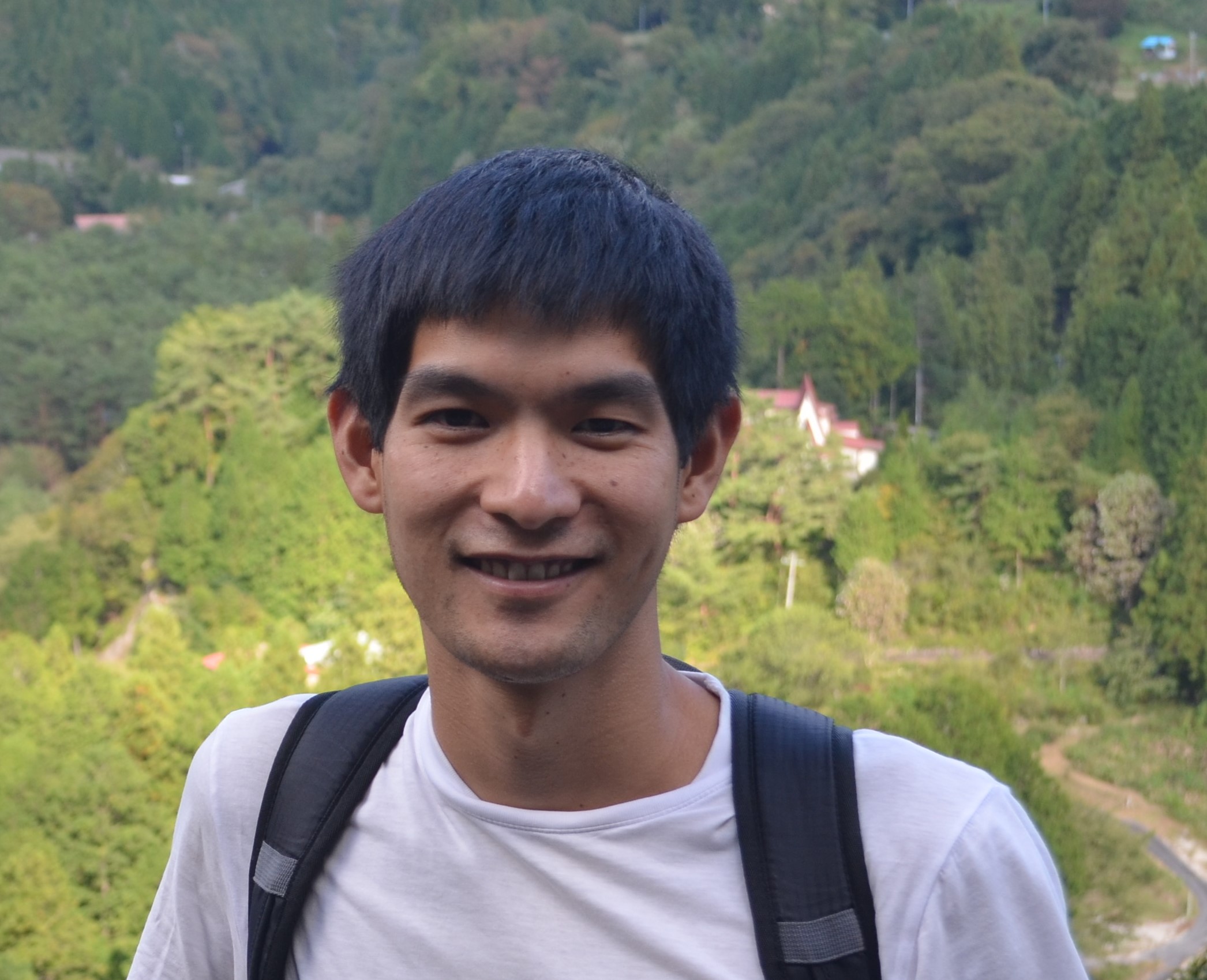
David Shimamoto
David Shimamoto is an assistant professor at the National Institute of Technology, Niihama College. He received his MA in English Language Teaching from Akita International University. His research interests include discourse analysis, cooperative learning, and intercultural communication.
Sweating the Details of Classroom Talk: Using Conversation Analysis as a Tool for Professional Development
Type: Traditional
Abstract: As a teacher who was more concerned with the content of the materials and activities I had prepared for students, I had often overlooked the importance of carefully assessing my own interaction with students. During my master’s program, however, I was introduced to a method of studying the minutiae of social interaction called Conversation Analysis (CA). One vital aspect of CA research, I was taught, was to approach the data in an unbiased way without holding any prior motivations or assumptions. In this way, the salience in the data will speak for itself, and allow practitioners to discover issues and tendencies in the classroom that they would have otherwise been unaware of. During my first attempt at CA research, I took this advice and analyzed my transcriptions with an open mind. Eventually, some patterns began to emerge in the way I interacted with my students. I noticed that my constant use of the three-part initiation-response-feedback (IRF) sequence was inhibiting learner participation and was not adequately preparing students for more authentic interaction they would encounter in the real world. Through this first experience, I began to realize that classroom interaction is filled with small but consequential details that can have a profound impact on the way teachers understand the language classroom. In this presentation, I would like to highlight findings from my first few years of CA research and discuss how they have shaped me as a teacher.

Jason Hobman
Jason Hobman is currently a part-time lecturer at Musashino Gakuin University in Saitama. He is also currently coming to the end of an MA TESOL degree at Birmingham University, and is working diligently on his dissertation on language anxiety in Japanese classrooms. His scholarly interests include learner anxiety and learner autonomy.
It is Not Acceptable to Grade in Black Pen
Type: Traditional
Abstract: In Japanese culture, some people hold quite romanticised or rigid views of certain people or professions. British people drink tea. Parisians are always seen with a baguette in their bicycle basket. Teachers must always be seen with a red pen… It’s this final view which has given me an insight into the way some people in Japanese institutions may think. This myopic view of education may have unintended consequences in the way students approach language education. A rigid world view may not allow students to see the broad array of skills that are necessary to learn a language. These skills have been well researched and documented, but students may not respect conflicting views about education and may not participate in tasks in the ways in which teachers intend them to. Taking this into account, I have recently begun using a different approach to my lessons. I explain in a simple way theories on language acquisition. I explain why certain methods are used in the English classroom and why they are valid. Most importantly I tie this back to the tasks in class. I explicitly explain what students should be doing. In gently challenging students’ views about education, I hope to increase not just task engagement but meaningful engagement. Rigid views may seem innocuous at first, but they may represent a myopic view which are maladaptive to language education.
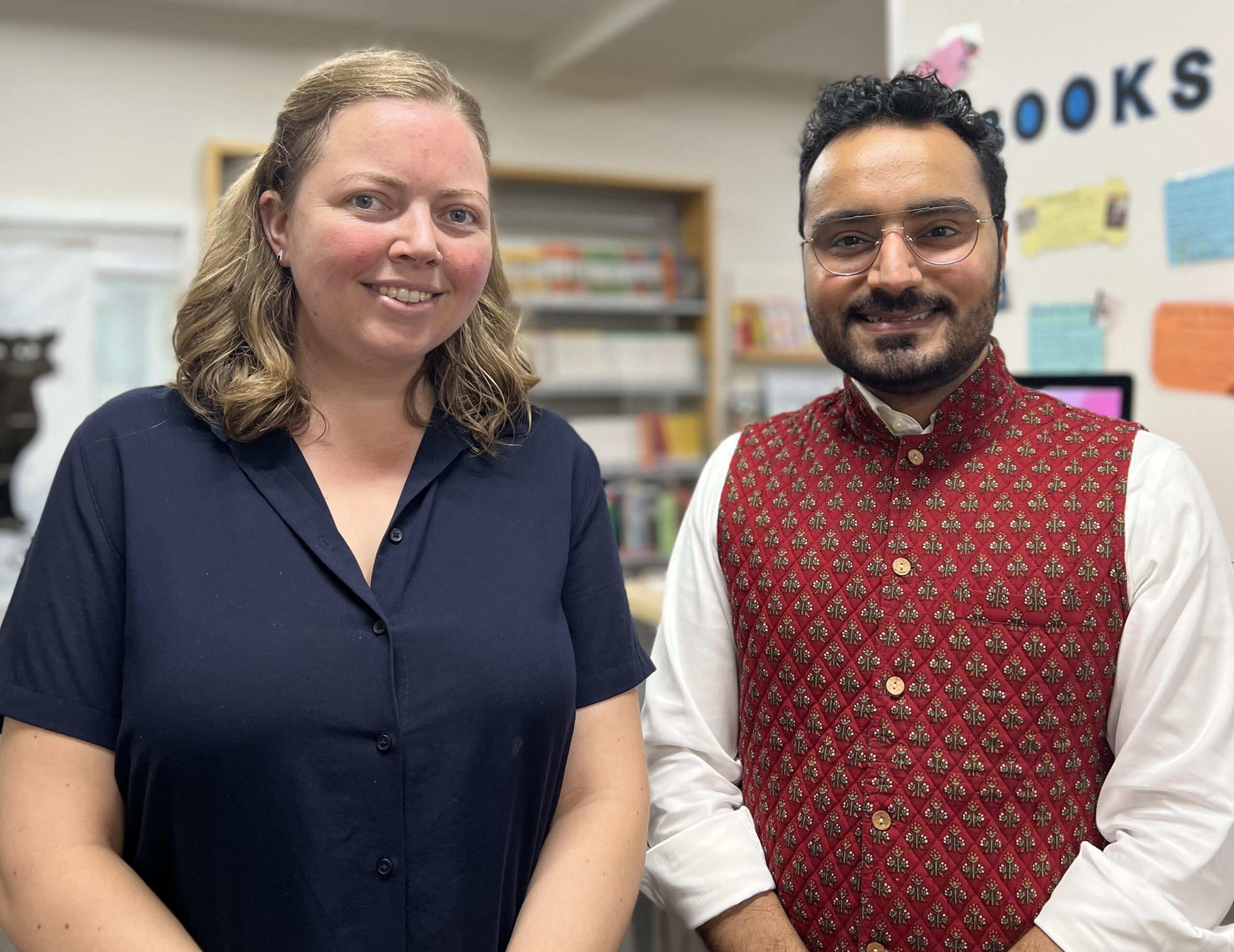
Chhayankdhar S. Rathore
& Isobel Hook
Chhayankdhar Singh Rathore is a lecturer in the Department of English for Global Communication at Konan Women’s University, Kobe, where he is an advisor and manager of the Self-Access Learning Center, e-space. He is a graduate of St. Stephen’s College, University of Delhi, where he read English Literature & Political Science, and of the M.A. TESOL program at Soka University, Japan. His areas of interest include Self-Access Learning, Drama-in-Education, Speech & Debate, and World Englishes. In the ELT community in Japan, Chhayankdhar is known by his nickname, C.D. Isobel Hook is an Assistant Professor in the Department of English for Global Communication at Konan Women’s University, Kobe. She is an advisor and manager of the department’s Self-Access Learning Center, e-space. Originally from Sydney, Australia, Isobel has taught English for a decade in Korea, Australia, and Japan. Outside of Learner Autonomy, Self-Access Learning, and EFL, she is interested in design, art, and literature.
Shifting Identities: Teacher, Advisor, Flipped Teacher
Type: Flipped (Q&A – attendees ask questions to the presenters)
Abstract: Teacher identity is dynamic and is defined by identity shifts due to the influence of intrinsic and extrinsic factors ranging from a change in emotions on the one hand to a new job on the other (Beauchamp & Thomas, 2009). While university language teachers in Japan go through many changes in their working environments, the act of teaching in a classroom is often assumed to be one of the few constants through these changes. But this is not true for someone who transitions from being a classroom teacher to a language learning advisor, thereby primarily interacting with students individually and having the opportunity to observe the students from close quarters as they interact with the target language outside of the classroom. This drastic change in the environment and role can potentially disrupt the process of teacher identity formation, which can open new and exciting avenues for reflection and the alteration of teaching beliefs and teacher identity.
In this presentation, two university-level teachers/advisors (Borges & Silva, 2019) living in Japan will share their journey of transitioning from being English language teachers in the classroom to becoming language learning advisors in a Self-Access Centre. They will share their initial struggles, gradual change in identity and beliefs, development of their identity as a ‘flipped teacher’, and the impact of these beliefs on their behaviour and decisions within the classroom. This presentation will be delivered in the flipped format with a live Q&A session.
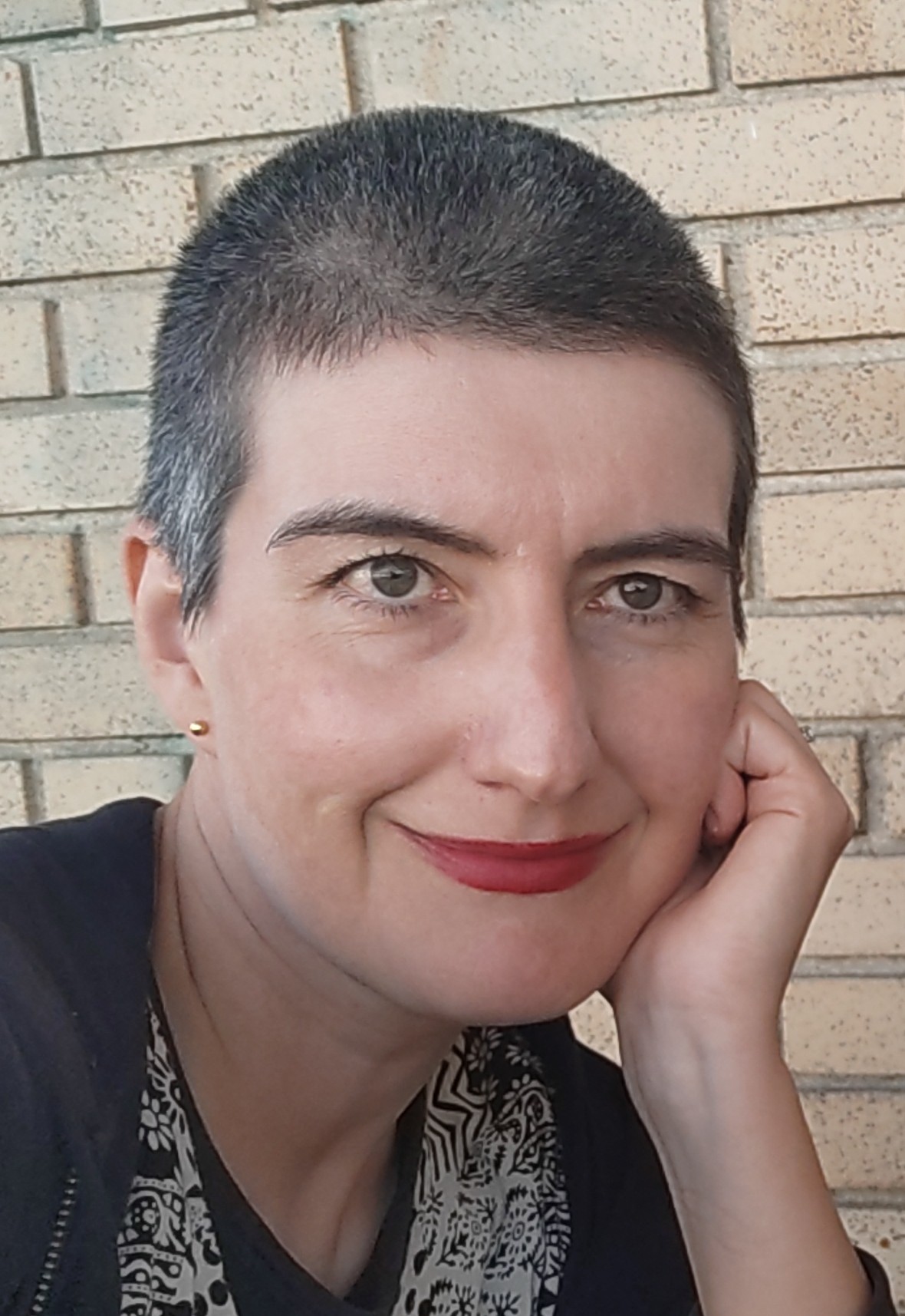
Devon Arthurson
Devon Arthurson works as an adjunct lecturer at Rikkyo University. Previous to that, she taught at high schools in Osaka. Devon earned her Bachelor of Social Work from the University of Manitoba and completed her Master of Arts in Integrated Studies from Athabasca University. Her current teaching and research interests include fostering learner autonomy and providing a platform for students’ voices. Her volunteer activities include social justice issues such as poverty alleviation and awareness-raising about human trafficking.
Navigating the 21st Century Skills
Type: Traditional
Abstract: This annotated slideshow presentation will discuss the preparation process of teaching 21st Century skills. Developed by the Partnership for 21st Century Learning, the skills are composed of the following: critical thinking, creativity, collaboration, communication, information literacy, media literacy, technology literacy, flexibility, leadership, initiative, productivity, and social skills. As foreign- language educators, we aim to provide learners with opportunities to increase their language proficiency. However, students should gain more than that, particularly skills that prepare them for the workforce in an ever-changing world. Though many educators are teaching these skills already, such as critical thinking, communication, and media literacy, it seems that having more awareness and consciousness of the 21st Century skills in the foreign language classroom could help change foreign language lessons and prepare learners for the workforce in an ever-changing world. In preparation for Fall 2022 lessons in September, I seek to explore how I practiced these skills, in addition to examining how my experience and knowledge would shape my practice. Furthermore, I want to determine how the skills would fit into the lessons. Using my own reflection journals through this process, I will share what I have learned with others so that they might deepen their understanding of the skills and how these skills could be applied to their own practice and professional development.
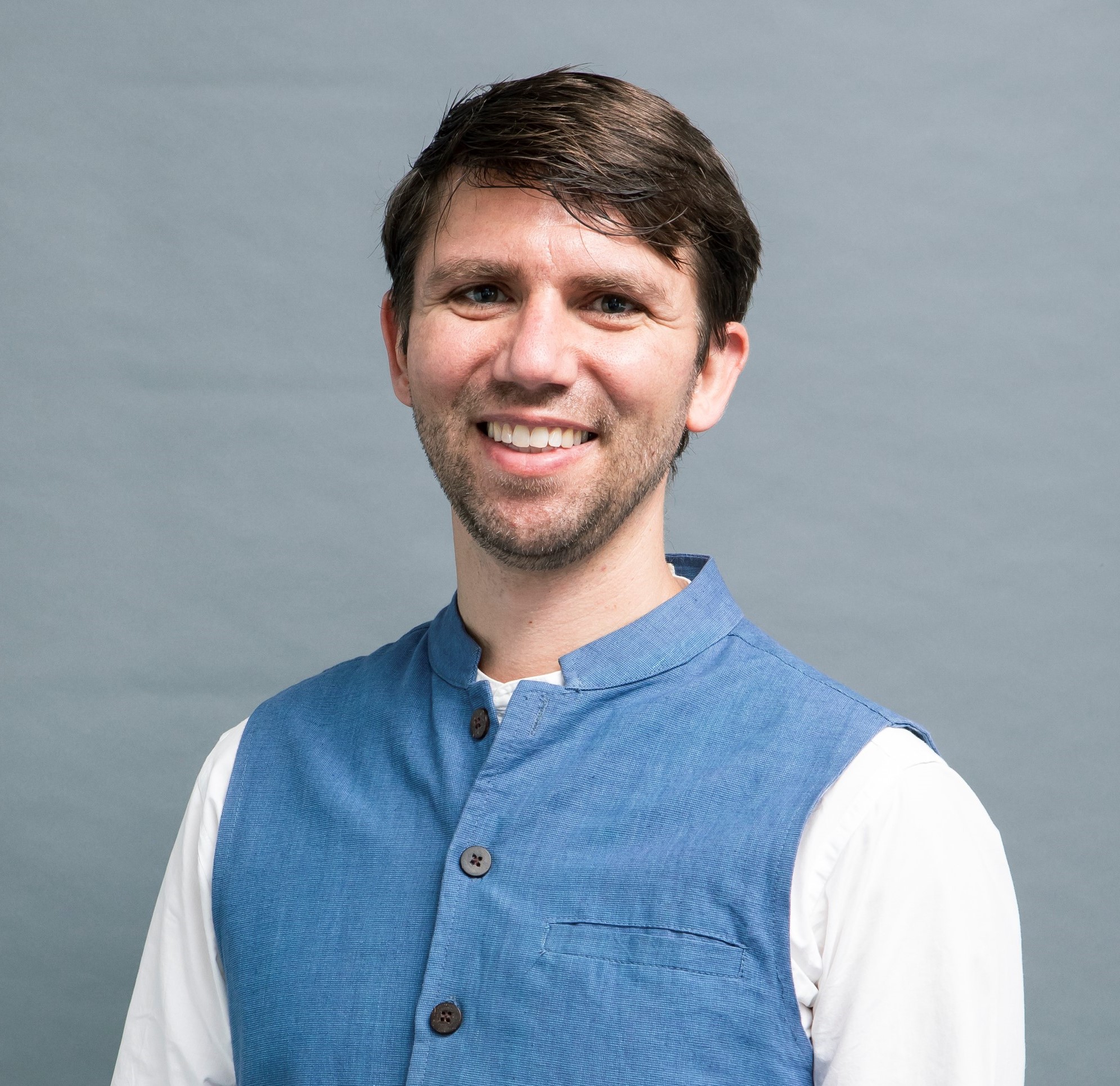
Nick Kasparek
Nick Kasparek teaches at Eikei University of Hiroshima with co-presenters Nozomi Mizushima, Masaki Sagehashi, and Yoko Taguchi. He is studying for a Ph.D. in the Department of Curriculum and Instruction at Texas Tech University; has interests in curriculum theory, English for liberal arts, teacher collaboration, and transdisciplinary boundary-spanning; and serves as the editor of Explorations in Teacher Development.
Merging Lanes: A Transdisciplinary Journey Toward Scaffolding Student Learning in English-Medium-Instruction Courses at a Japanese University
Co-presenters: Nozomi Mizushima, Masaki Sagehashi, Yoko Taguchi
Type: Flipped (Discussion)
Abstract: As part of recent internationalization policies and rhetoric, Japanese universities have been increasing English-medium-instruction (EMI) courses. Yet there is little guidance regarding curriculum and instruction for faculty and students whose first language is not English, and this is exacerbated by the tendency for university teaching to be a relatively autonomous and personalized project often characterized by “amateurism” (Pluymers, 2021), autonomy, and isolation (Ismayilova & Klassen, 2019). Faculty, then, often rely on hunches and autodidacticism alone. This was the challenging situation that the four of us found ourselves in at a university in Japan with an ambitious policy of balanced bilingualism: a language teacher tasked with preparing students for all their EMI courses and content teachers tasked with teaching mixed-proficiency EMI courses in science and technology studies, environmental studies, and anthropology, respectively. In this presentation, we narrate how our paths merged toward the scholarship of teaching and learning (SoTL) (Friberg et al., 2021). This initial story is particularly valuable because it focuses on overcoming the isolation and divisions that characterize so much university teaching, especially between language education and content education. A community-engaged scholarship project brought us into conversation, which led us to begin planning collaborative action research cycles, all coalescing around scaffolding learning in English for meaningful EMI curriculum and instruction. Our initial research has already shifted our attention from isolated, independently surmountable challenges—simple matters of better preparation, translation, or curricular adaptation—and toward more ambitious teaching through collaborative scaffolding. Our convergence has already changed and broadened our perspectives.
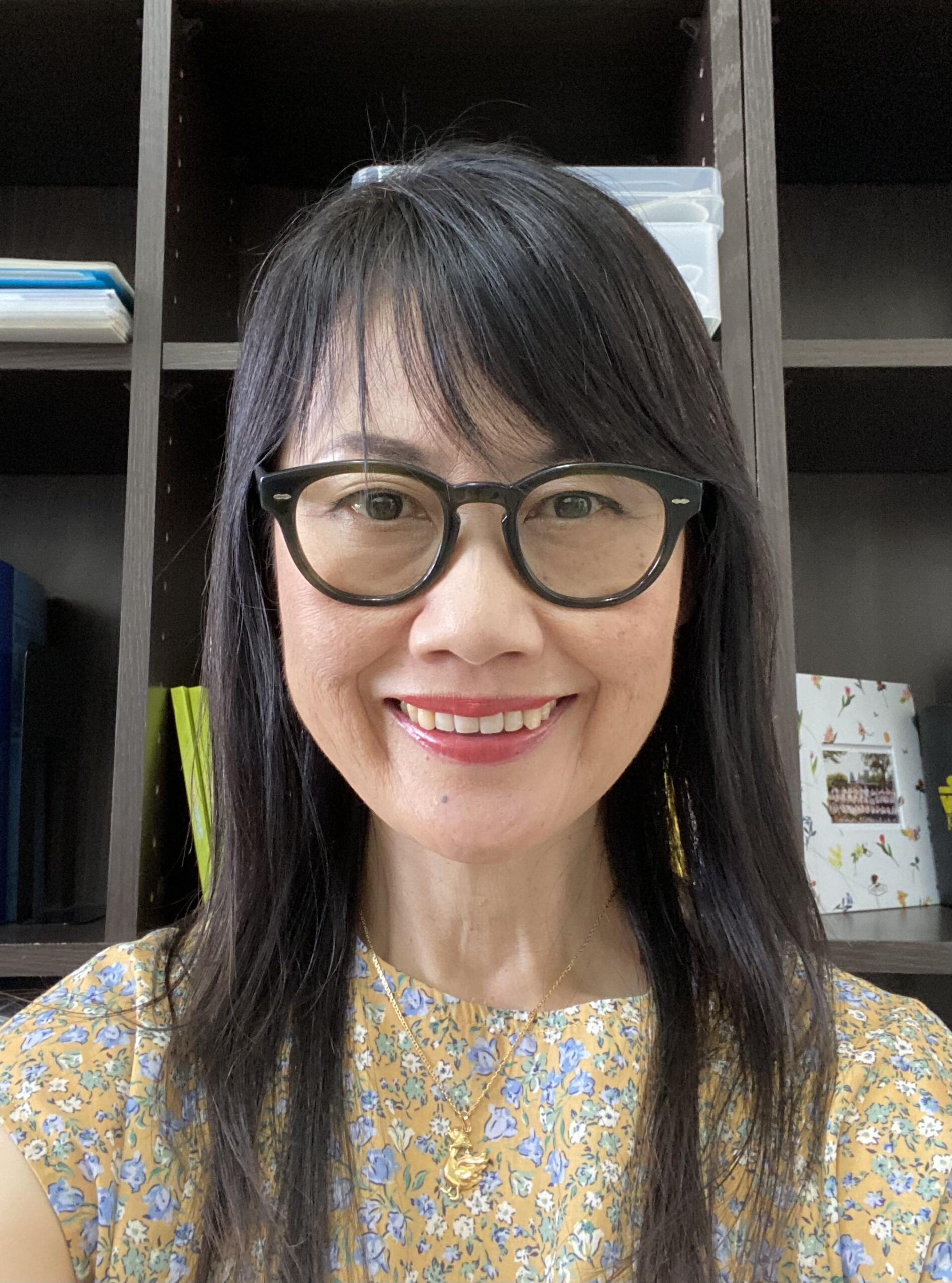
Tamiko Kondo
Dr Tamiko Kondo started her professional career as junior high school English teachers and is currently a lecturer in English language education and applied linguistics at University of the Ryukyus. Her international experiences include teaching English at the Japanese School of Brussels in Belgium and teaching Japanese at a university in the UK. She has been practising action research since her master’s study as a teacher educator. In her recent project, she has been working with local schoolteachers towards a smooth transition from primary to junior high school English class.
Retheorizing Communicative Competence: What May it Include?
Type: Traditional
Abstract: Dominant discourses about communicative competence in English, which may tend to be identified with levels or scores in popular English tests, led to my suggesting my own theoretical framework of communicative competence in my Ph.D. thesis (Kondo, 2018). In my view, communicative competence means how we can communicate with others more effectively towards mutual understanding and may be represented by the following six factors: willingness, empathy, openness, creativity, originality and confidence. On reflection, through the process of my investigating communicative competence, critical feedback from others and my own reflection on it informed new understandings of my practices and helped me develop my thinking on communicative competence. Having been trying to encourage university students in my classes to think for themselves about what communicative competence may include, now I am being informed by the students’ views on communicative competence and encouraged to reconsider the original theoretical framework. This is an action research account of how I have developed my understanding of communicative competence through working with others.